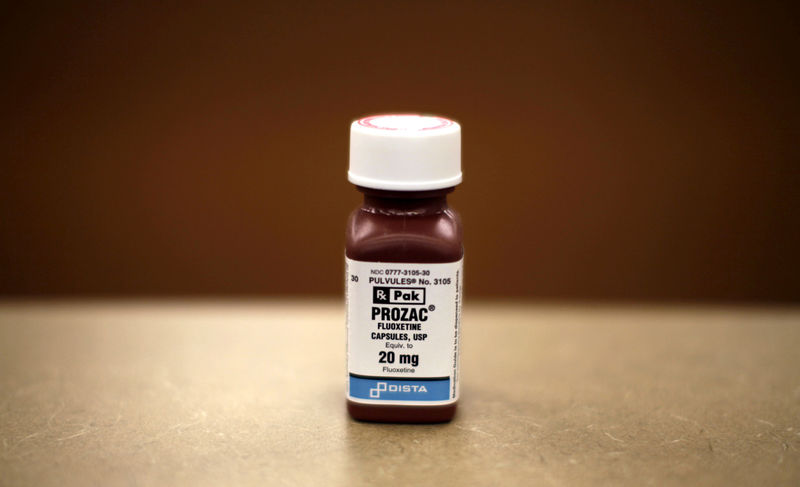Deutsche Bank has maintained a Buy rating on Eli Lilly (NYSE: NYSE:LLY) shares with a price target of $1,025.00.
The firm's stance is buoyed by the recent resolution of the Tirzepatide shortage, as indicated on the FDA's Drug Shortage site on October 2, 2024.
The development aligns with Eli Lilly's first-quarter forecast that shipments of Tirzepatide, used in their drugs Mounjaro (MJO) and Zepbound, would significantly increase in the second half of 2024.
According to IQVIA injector data, Mounjaro saw a modest quarter-over-quarter increase of 3% in the third quarter of 2024, while Zepbound experienced a more robust growth of 29%.
These figures do not account for wholesaler stocking, which previously contributed to approximately $775 million in sales for the second quarter. This stocking is believed to be a factor behind the slight quarter-over-quarter increase for Mounjaro injectors.
The American Society of Health-System Pharmacists (ASHP) also marked Tirzepatide as "available" on September 22, 2024, suggesting that additional stocking occurred during the third quarter in response to strong demand.
The FDA's definition of a resolved drug shortage includes criteria such as manufacturers meeting national historical demand and having adequate safety stock.
Deutsche Bank has expressed confidence that the resolution of supply constraints will allow investors to assess Eli Lilly's growth more on fundamental terms, rather than relying solely on the company's momentum.
In other recent news, pharmaceutical giant Eli Lilly is set to invest $4.5 billion in a new facility named Lilly Medicine Foundry in Lebanon, Indiana. This facility, expected to commence operations by the end of 2027, will focus on advanced manufacturing and drug development. This strategic move is part of recent developments that have seen Eli Lilly's total investment in the United States exceed $23 billion since 2020.
In the realm of analyst ratings, BMO Capital maintained its Outperform rating for Eli Lilly, expressing confidence in the company's new Chief Financial Officer, Lucas Montarce. Deutsche Bank and Cantor Fitzgerald also maintained their Buy and Overweight ratings, respectively, for the company.
In clinical updates, Eli Lilly revealed that over 80% of adults and adolescents with moderate-to-severe atopic dermatitis maintained clear or nearly clear skin after up to three years of EBGLYSS treatment. Moreover, Eli Lilly's Alzheimer's treatment, donanemab, known as Kisunla, received approval in Japan.
InvestingPro Insights
Eli Lilly's recent performance and market position are reflected in several key metrics from InvestingPro. The company's revenue growth of 31.87% over the last twelve months as of Q2 2024 aligns with the positive outlook stemming from the resolution of the Tirzepatide shortage. This growth is further emphasized by the impressive 35.98% quarterly revenue growth in Q2 2024, indicating strong momentum in line with the increased shipments of Tirzepatide-based drugs.
InvestingPro Tips highlight Eli Lilly's strength in the pharmaceutical industry. The company "has maintained dividend payments for 54 consecutive years," demonstrating long-term financial stability. Additionally, Eli Lilly "operates with a moderate level of debt," which could provide flexibility for future investments in drug development and production capacity.
It's worth noting that Eli Lilly is "trading at a high earnings multiple," with a P/E ratio of 109.3. This valuation suggests that investors have high expectations for future growth, possibly factoring in the potential of drugs like Mounjaro and Zepbound.
For readers interested in a deeper analysis, InvestingPro offers 16 additional tips for Eli Lilly, providing a comprehensive view of the company's financial health and market position.
This article was generated with the support of AI and reviewed by an editor. For more information see our T&C.
